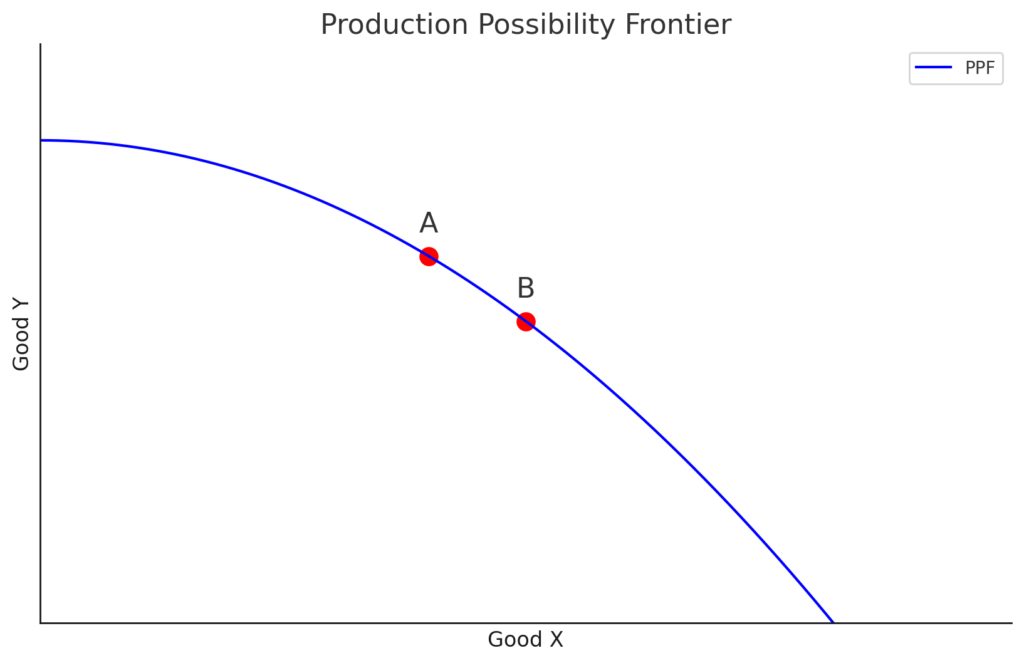Does a Price Decrease Fuel Deflation?
Nearly everybody seems to think so, including many economists: when a price rises, it fuels inflation. The venerable magazine The Economist doesn’t think twice about it. Speaking of Argentina, it writes (“Javier Milei’s Next Move Could Make His Presidency—or Break It,” June 19, 2024):
Monthly inflation may creep up in June as energy prices rise.
The Wall Street Journal runs a headline saying “Rent Hikes Loom, Posing Threat to Inflation Fight,” June 18, 2024. Examples are everywhere.
But if every price increase fuels inflation (a general rise in the price level), it must be that every price cut threatens deflation (a general drop in the price level, seen in recessions). Other things being equal, then, every price drop on the market is a threat, just like every price increase is. Every price change is a bad omen. Is this strange theory valid? No. The error lies in the failure to distinguish changes in relative prices and a change in the general level of prices, that is in all prices, which is what inflation (or deflation) is.
Imagine that there is no inflation nor deflation and that the demand for beef increases, everything else being the same. As a consequence, the price of beef increases relative to (say) pork. This is the same as saying that the economy has moved on its production possibility frontier (PPF) to more beef and less pork, which implies that beef now costs more relative to pork. (The chart below shows a standard PPF for an economy with two goods. If good Y is beef and good X is pork, the economy has moved from point B to point A.) Any price index (say, the Consumer Price Index) will have changed between the original situation B and the new one A on the PPF. Whether the index shows an increase or a decrease will depend on the precise quantities of beef and pork because these quantities are the weights with which the price index is calculated. It would be a fluke if it did not change. Thus, we cannot use a change in a relative price to conclude that inflation or deflation is present.
 Inflation—a general increase in the level of prices—is a different phenomenon, caused by the quantity of money in the economy.
Inflation—a general increase in the level of prices—is a different phenomenon, caused by the quantity of money in the economy.
If there is inflation, a price index catches both the changes in relative prices and the change in the general level of prices. We cannot attribute part of the inflation to the change in a specific price, because the latter change is partly due to inflation (how all prices have increased)–and partly due to the change in that price compared (relative) to other prices. Rents or energy prices cannot fuel inflation (or deflation) because they are partly caused by it. Causality works the other way.
I have written a few EconLog posts on this topic, but my recent article “A Rising Product Price Doesn’t Cause Inflation,” in Ryan Bourne, editor, The War on Prices (Cato Institute, pp. 19-27) provides a more detailed explanation. My post “Guns and Butter” contains another illustration of the PPF concept.
******************************

Does a price cut fuel deflation? By DALL-E and your humble blogger
